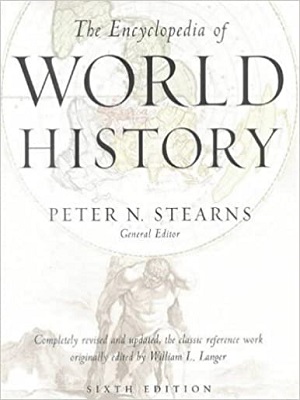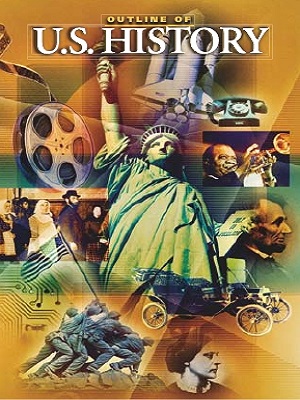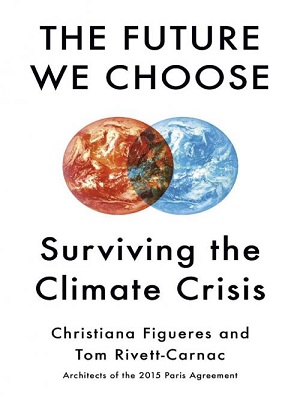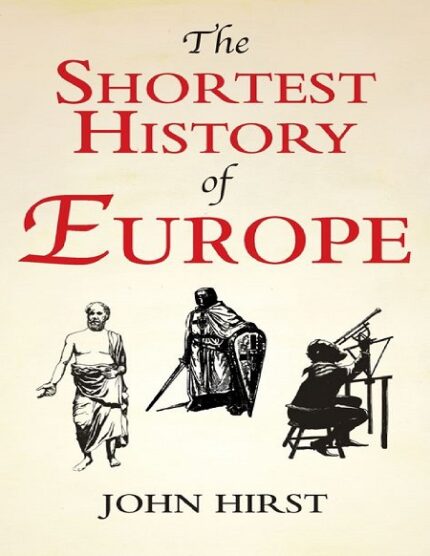The Encyclopedia of World History 6th Edition By Peter N Stearns. Human beings have flourished on Earth for at least 2.5 million years. The study of history in its broadest sense is a record of humanity and its accomplishments from its earliest origins to modern times. This record of human achievement has reached us in many forms, as written documents, as oral traditions passed down from generation to generation, and in the archaeological record—sites, artifacts, food remains, and other surviving evidence of ancient human behavior. The earliest written records go back about 5,000 years in the Near East, in Mesopotamia, and the Nile Valley. Elsewhere, written history begins much later: in Greece, about 3,500 years ago; in China, about 2,000 years ago; and in many other parts of the world, after the 15th century C.E. with the arrival of Western explorers and missionaries. Oral histories have an even shorter compass, extending back only a few generations or centuries at the most. The Encyclopedia of World History 6th Edition By Peter N Stearns
History, which remains primarily though not exclusively the study of written documents, covers only a tiny fraction of the human past. Prehistory, the span of human existence before the advent of written records, encompasses the remainder of the past 2.5 million years. Prehistorians, students of the prehistoric past, rely mainly on archaeological evidence to study the origins of humanity, the peopling of the world by humans, and the beginnings of agriculture and urban civilization. Archaeology is the study of the human past based on the material remains of human behavior. These remains come down to us in many forms. They survive as archaeological sites, ranging from the mighty pyramids of Giza built by ancient Egyptian pharaohs to insignificant scatters of stone tools and animal bones abandoned by very early humans in East Africa. Then there are caves and rock shelters adorned with ancient paintings and engravings, and human burials that can provide vital information, not only on biological makeup but also on ancient diet and disease and social rankings. The Encyclopedia of World History 6th Edition By Peter N Stearns.























